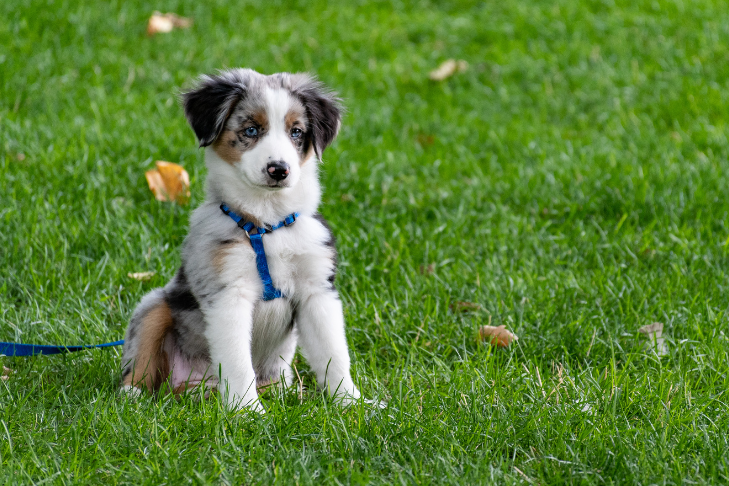5 Common Puppy Issues

Bringing a puppy into your home is an exciting and joyful experience—but it can also come with its fair share of challenges. From chewing to potty training, puppies often present behavioral issues that range from minor inconveniences to serious frustrations. These challenges can leave pet parents feeling confused or overwhelmed, especially if it’s their first time raising a pup.
By preparing to manage some of the most common puppy issues early on, you’ll help your new best friend adjust more smoothly to their new environment. Below are five typical puppy problems and tips on how to handle them with patience, structure, and support.
1. Chewing
Chewing is a normal part of puppy development, especially during teething—but it can quickly turn destructive if not managed properly. Puppies explore the world with their mouths, and without proper redirection, they might gnaw on everything from shoes to furniture.
What to do:
- Provide age-appropriate chew toys and rotate them to keep things interesting.
- Supervise your puppy closely while they’re learning what’s appropriate to chew.
- Reward them for chewing the right items and calmly end playtime if they start biting or chewing inappropriately.
Consistency is key in helping your pup learn what’s off-limits.
2. Jumping
Puppies are bundles of energy, and jumping is one way they show excitement or seek attention. But what seems cute in a small pup can become problematic—and even dangerous—as they grow.
How to address it:
- Teach an alternative behavior, like sitting, especially when greeting people.
- Reinforce calm behavior by offering treats and attention only when all four paws are on the ground.
- Stay consistent, even when friends or guests visit—no jumping means no exceptions.
3. Barking
While barking is a natural way for dogs to communicate, excessive barking can be disruptive and frustrating.
Tips to reduce barking:
- Make sure your puppy is getting plenty of exercise and mental stimulation throughout the day.
- When they bark unnecessarily, say a firm “no” and avoid reacting with attention.
- Reward quiet moments to reinforce calm behavior.
Understanding the cause—whether it's boredom, fear, or excitement—can also help guide your approach.

4. Potty Training
One of the most common and challenging parts of puppyhood is potty training. Without a consistent schedule and plenty of patience, accidents are almost guaranteed.
Potty training tips:
- Establish a clear daily routine with regular feeding and potty breaks.
- Take your puppy out frequently—especially after eating, drinking, or waking up.
- Offer praise and treats immediately after they go in the right spot.
If your puppy experiences occasional tummy troubles or loose stools during the transition, try adding Pet Releaf’s Digestive Releaf Powder with Postbiotics to their daily routine. This easy-to-use powder supports gut health and helps firm up stool, making potty training less messy and more manageable.
5. Separation Stress
Separation stress is common in puppies as they adjust to being away from their humans. It can show up as whining, chewing, accidents, or excessive barking when you're not home.
Signs of separation stress may include:
- Pacing, whining, or barking when you’re about to leave
- Destructive behaviors like chewing or digging
- Indoor accidents, even if previously potty trained
What helps:
- Create a calm, predictable routine when leaving and returning.
- Offer safe toys or enrichment activities to keep them occupied.
- Make sure your puppy gets daily exercise and bonding time with you.
If your pup continues to struggle, calming supplements may offer additional support.
Support Your Pup's Journey with Pet Releaf
Training and raising a puppy comes with ups and downs—but the right tools can make it a lot easier. Pet Releaf offers a range of natural supplements designed to support your pup’s health through every stage of their development, from tummy support with to calming support for separation stress and behavioral training.
Explore our full line of wellness products to find gentle, effective solutions for your growing pup.


